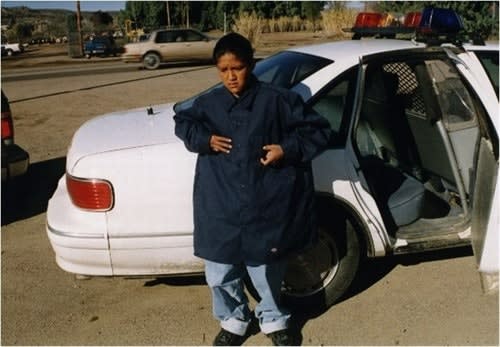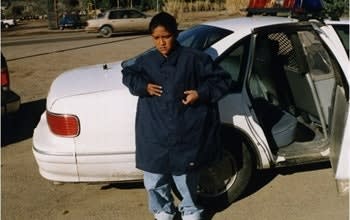When you educate the public, you have an opportunity to influence the public into seeing what you are looking for as a gang cop, and help in making a "gonna be" a success. You start developing resources, and the resources are the tools you can use.
The most common way to educate the public is to conduct education through public presentations. The public are your eyes on the streets who are concerned about the same problems you're facing, and they live in the neighborhoods. As always, we have to be the ones to take the first step forward to make progress.
Contacting "gonna bes" is always a great opportunity for prevention. If you keep one kid out of a gang, that's one less kid you or another police officer has to worry about in the future. That's a kid you saved. In law enforcement, we're usually the ones who identify these kids with our own personal police talents. Once these kids are identified, we must take the first step toward prevention. These kids can shift either to the life of a career criminal or a life that leads to success.
There isn't only one way to prevent gang involvement; I like weekly follow-ups. I'll spend hours with a "gonna be," because I know in the long run we'll both benefit from it. Look at it this way. If you influence the kid away from gangs, you've learned what it took for him or her to leave the gang lifestyle. If the kid sways to the career-criminal gang side, then you'll have better intelligence than what you started with. It's a win-win situation.
We may not save every kid from gang involvement, but every kid deserves an opportunity to succeed. Law enforcement officers are the angels of our society, and when even one kid is saved from gang involvement, there are countless others behind and around that kid that we have also prevented from taking the wrong turn at the fork.













